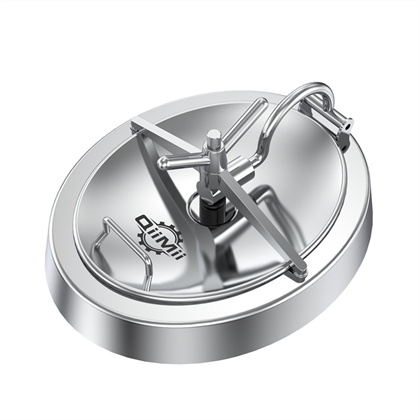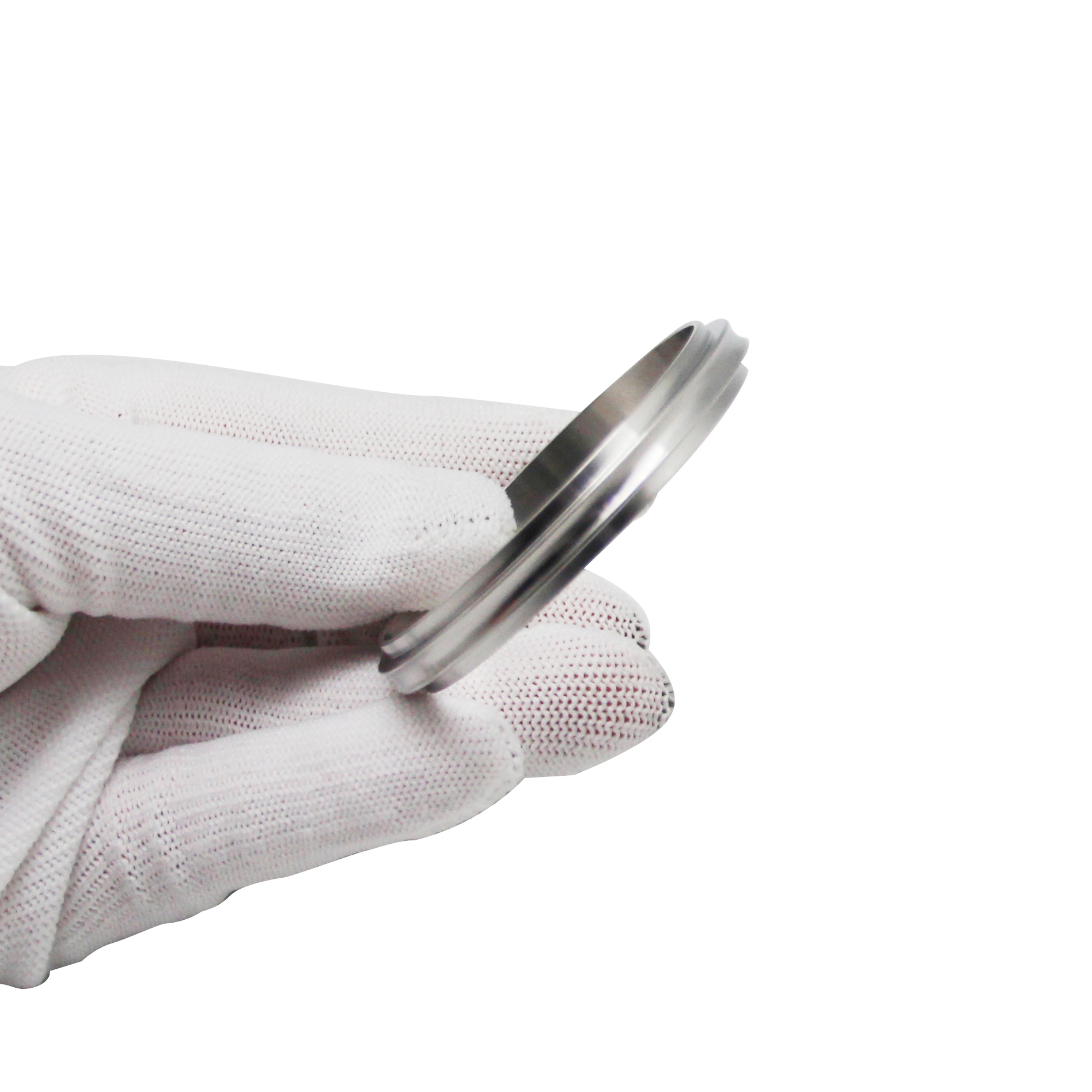What is Sanitary Valves?

 by admin
by adminSanitary valves are valves designed for use in industries with extremely high hygiene requirements. They are usually made of high-quality stainless steel and other materials, with a smooth inner surface and a sophisticated structure, designed to ensure the purity and safety of the fluid during transmission. Its appearance design is simple, easy to install and operate, and the connections of various components are tight to prevent media leakage and bacterial growth.
Why use sanitary valves?
1. Control fluid flow
Sanitary valves can accurately control the flow direction, flow rate and opening and closing state of fluids (such as liquids and gases) in pipelines. For example, in food and beverage production lines, by adjusting the valve opening, the filling volume of beverages can be accurately controlled.
2. Prevent pollution
Its good sealing performance can effectively prevent external impurities, microorganisms, etc. from entering the pipeline system, and can also prevent the medium in the pipeline from leaking into the surrounding environment. In the pharmaceutical industry, this is particularly critical to ensure that the drug production process is not contaminated.
3. Easy maintenance and cleaning
The structural design of the sanitary valve makes it easy to disassemble and assemble, and facilitates regular cleaning and maintenance work to maintain its sanitary performance. For example, sanitary valves connected with clamps do not require complex tools for disassembly.
What is the price of sanitary valve?
The price of sanitary valve varies depending on many factors. Generally speaking, the price of ordinary small-diameter (such as DN15-DN50) sanitary ball valves may be between $50-200 per piece, while the price of large-diameter (such as DN100-DN300) or sanitary valves with special functions (such as high-precision flow control, high temperature and high pressure resistance) may reach $500-2000 per piece. These prices will fluctuate according to different suppliers and market conditions.
Matters to note when purchasing sanitary valves.
1. Material quality
Prefer materials that meet international health standards, such as 304 and 316L stainless steel. 316L stainless steel has better corrosion resistance and is suitable for handling highly corrosive media. Check the quality certificate of the material to ensure that the material source is reliable.
For sealing materials inside the valve, such as rubber gaskets, it is necessary to confirm that the material meets the hygiene requirements of the food, pharmaceutical and other industries, such as using silicone gaskets that meet FDA standards.
2. Valve type and specifications
Choose the appropriate valve type according to the actual application scenario, such as ball valve, butterfly valve, diaphragm valve, etc. Ball valves have good sealing performance and are suitable for occasions where precise flow control is required; butterfly valves are easy to operate and have a large flow rate, and are often used in large-diameter pipelines.
Accurately determine the specifications of the valve, including the caliber size, pressure level, etc. The caliber should match the pipeline system, and the pressure level should meet the working pressure requirements to avoid safety hazards or performance problems caused by improper specification selection.
3. Sanitary certification
Ensure that the purchased sanitary valves have relevant sanitary certifications, such as the US 3A certification and the European sanitary equipment design certification. These certifications are important guarantees for the sanitary performance of the valve and are also necessary conditions for compliance with industry specifications.
4. Supplier reputation
Choose a supplier with a good reputation, which can be evaluated by checking the supplier's customer reviews, industry reputation, business history, etc. Reliable suppliers can provide high-quality products and good after-sales service.








